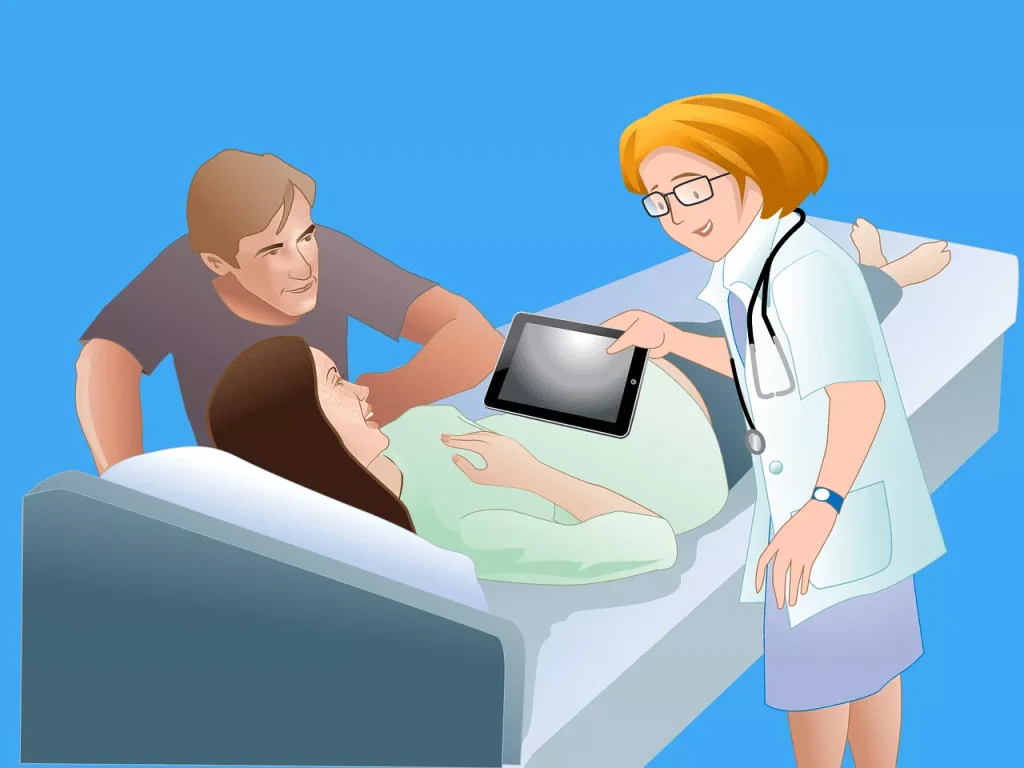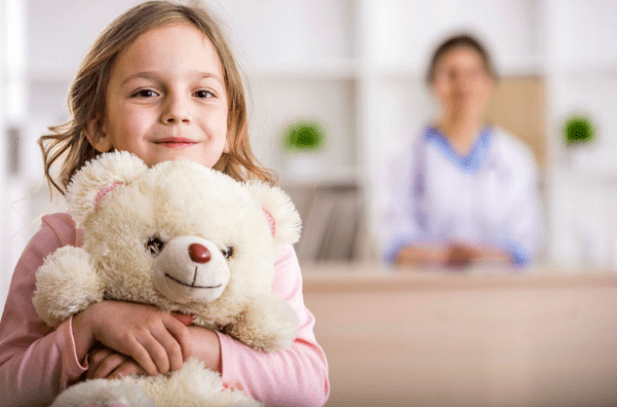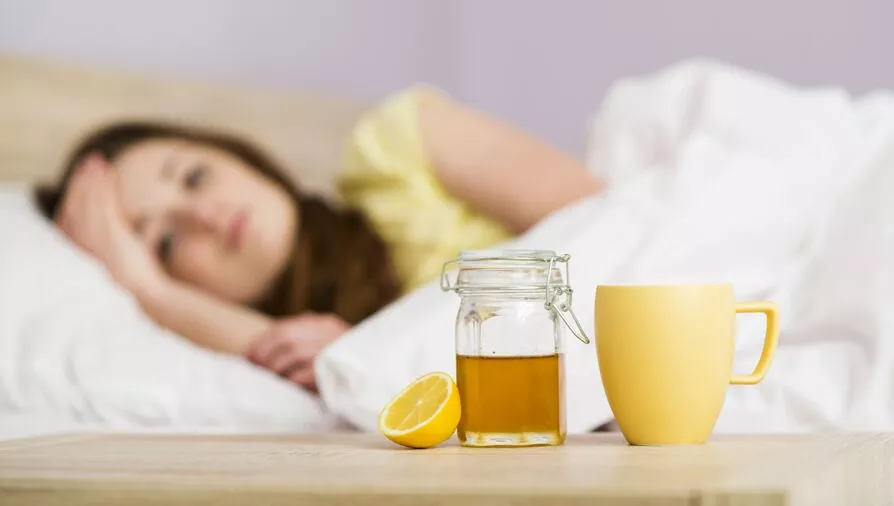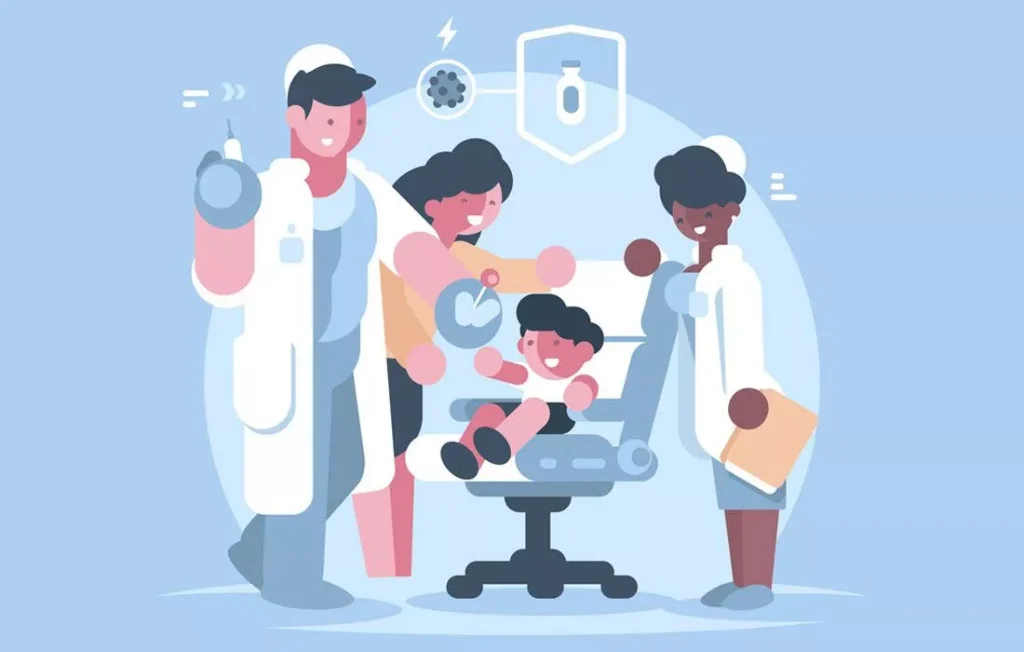How To Avoid Food Poisoning This Summer?
It’s impossible not to love summer as it brings us warmer weather, brighter days and endless opportunities to enjoy being outdoors. However, when it comes to food poisoning, warmer temperatures can be a bit of a nightmare. In fact, as temperatures increase so does the risk of food poisoning if food isn’t stored and prepared safely. Here at Central Health Clinic in Sunshine, we know that no one wants to spend a sunny day stuck in bed. To help you out, we’ve come up with our top tips to help you avoid food poisoning over the summer.
Food Storage
-Firstly, when buying foods that need refrigeration, try using insulated bags with ice packs to keep the food at a safe temperature for a short amount of time. This can help ensure that your food stays fresh and cool in the time that it takes you to get home. Then once you’re back it’s important to put the food in the fridge or freezer as soon as possible.
-It’s also important to ensure your fridge is kept at the right temperature. Ideally, the fridge should be kept below 5 degrees, while the freezer should be kept between -15 degrees Celsius and -18 degrees Celsius.
-Furthermore, if you overfill your fridge or freezer it may not be effective in keeping food at a safe temperature. This is because refrigerated air needs to circulate in order to maintain the temperature so too much food in the fridge or freezer may prevent this air movement.
-When stocking the fridge ensure uncooked meats are kept on the lower shelves, kept in a sealed container and away from other food items such as cooked meats. This is because raw meats have juices that could spill and contaminate other food items, leading to food poisoning.
Food Preparation
-Before you start cooking it’s important to make sure that you wash your hands thoroughly. Bacteria can spread quickly through human contact, especially in warmer temperatures.
-Similarly be sure to wash fruit and vegetables before using, which reduces the risk of contaminants from soil, pesticides and human contact. You can wash them under running water and dry them with a paper towel.
-If you are cutting uncooked meat, and other ingredients, use different cutting boards to make sure the meat doesn’t contaminate your other ingredients.
When preparing food examine the ingredients;
– What is the expiry date?
- Does it smell how it should?
- Are there any signs of mould?
- Is it the right colour?
Some foods can go bad very quickly and easily in the heat. Be especially careful with meat, dairy, fruit and salad as these pose a high risk of food poisoning.
-To be safe, food should be cooked at 75 degrees Celsius and above, including reheated meals. Cooking food at this temperature reduces the number of bacteria and the chance that it could make you sick. If the food has already gone bad reheating it at a high temperature will not make it safe to eat so if, in doubt, it’s better to throw it away.
-When you are reheating food in the microwave it’s a good idea to check whether it is hot in the middle. You could do this by touch or to be extra safe you could use a food thermometer. If it’s not hot then you may need to stir the food and put it in the microwave for an extra minute or two.
Eating outside the home
Taking a home-made lunch to work can save a lot of money. However, you could risk food poisoning if it isn’t prepared and stored properly.
-A simple solution for food on the go is using an insulated bag with an ice pack which can keep your food at a safe temperature for a few hours.
-As with other food; preparation and storage are important to make sure the ingredients in your lunch are safe to eat, especially dairy, meat and salad ingredients. It’s fine to prepare the food the night before, just be sure to keep it in the fridge or freezer until you leave the following day.
-These rules also apply to picnics and BBQs. Make sure each food type is kept in well-sealed containers, especially meat, dairy and salads, to reduce cross contamination.
-If you are going out to eat at another person’s house or restaurant and are worried about food safety then these are things that can indicate food may not be safe to eat:
– Hot food should be 60 degrees or warmer, while cold food should be below 5 degrees.
– The area should look and smell clean, if they don’t maintain their dining area they may not take care of the area food is prepared.
– The food itself should look and smell how it’s supposed to. Wilted vegetables could be due to using old produce or it sitting in a bain-marie for a long time. Meat should not be undercooked as it could have unsafe levels of bacteria that would have otherwise been eliminated by cooking. Meat that is overcooked and tough may have been sitting in a bain-marie for a long time and may not be safe to eat.
– Plates, bowls, cups, glassware and cutlery must be clean and dry. If these are stained, chipped or cracked they may not be safe to use.
– If you’re eating from a buffet then each tray must have its own utensils such as tongs or ladles, this prevents cross-contamination.
Those are our top tips for avoiding food poisoning this summer. Warm summer days are there to be enjoyed and by following these food hygiene tips, you’ll be able to picnic outdoors and enjoy the sunshine to your heart’s content, without having to worry about a dodgy stomach.
If you have any health concerns then be sure to contact our dedicated team of general practitioners at Central Health Clinic in Sunshine, VIC today.






